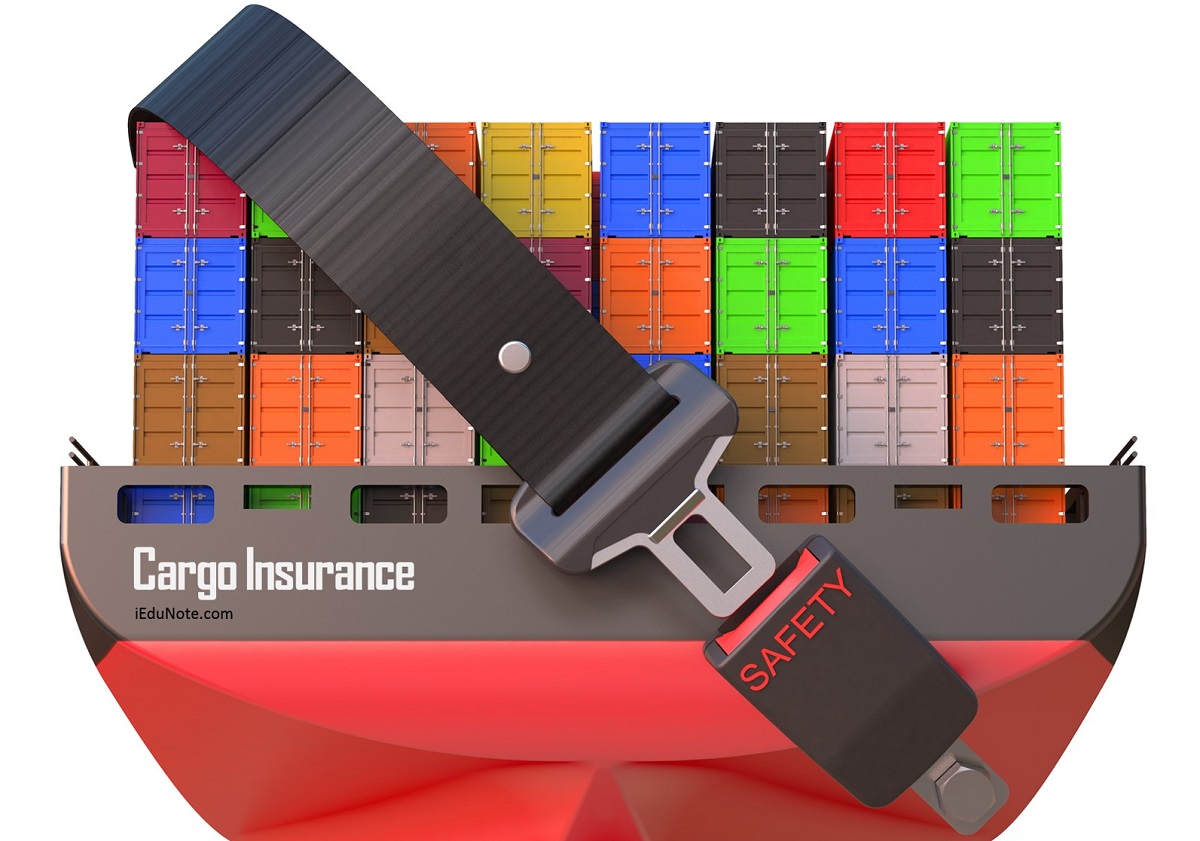Generally, transportation charges for air cargo shipments are higher than ocean vessel cargo. This is universally true and this is basically due to higher fuel costs and weight limitations of aircraft cargo planes. Consequently, companies mostly try to send their shipments through air cargo.
In contrast, cargo insurance rates to send the same commodity via an air shipment are typically lower than ocean cargo premiums. This article presents air cargo premium rates per $1,000 for nine distinct types of product exports. These rates are organized under three types of import coverage: total loss, basic and all risk.
Dollar amounts in this article are in US currency and the rates may have been changed as you are reading this. It is, therefore, suggested to verify the rates from an authentic and reliable site.
Air Cargo Rates for Total Loss Coverage
A total loss cargo insurance policy covers specified risks when an air cargo shipment is a total write-off or requires extensive repairs. It is something like getting a casino bonus. The current resale value of the cargo must be greater than the replacement or repair value or else the insurance company will not grant total loss status to the claim.
While most of the aircraft cargo premiums below are lower than for ocean shipments, import insurance rate for jewelry (spelled jewellery in Canada) has the same rate of US$47.50 per $1,000 of insurance regardless if sent as air or marine freight.
The lowest rate below is $5.60 per $1,000 for machinery or non-perishable food. That premium is almost 10% lower than if those commodities were insured as an ocean cargo.
- Bottled Beverages … US$6.70 per $1,000 of cargo’s insured value (18.3% lower than ocean cargo)
- Chemicals … $6.70 (18.3% lower)
- Computers … $14.20 (15% lower)
- Frozen Meats … $15 (36.7% lower)
- Household Goods … $22.40 (4.3% lower)
- Jewelry … $47.50 (same as ocean cargo)
- New or Used Machinery … $5.60 (9.7% lower)
- Non-Perishable Food … $5.60 (9.7% lower)
- Steel (bars, coils and sheets) … $16.20 (37.7% lower).
Frozen meats have an air cargo insurance rate that is over 2.5 times more than the insurance premium for non-perishable food like unopened canned goods. Still, an air shipment of frozen beef costs about 37% less to insure under a total loss policy than if the frozen cargo was sent via an ocean carrier.
Air Cargo Premiums for Basic Insurance
Basic insurance policies cover more damage claims than total loss cargo insurance policies. Depending on the shipped good, basic rates can be from 4% to 40% higher than premiums for total loss insurance.
Below are sample premium rates per $1,000 for a basic import insurance policy.
- Bottled Beverages … US$9.20 per $1,000 of cargo’s insured value (13.1% lower than ocean cargo)
- Chemicals … $9.20 (13.1% lower)
- Computers … $16.70 (13% lower)
- Frozen Meats … $17.50 (33.2% lower)
- Household Goods … $24.90 (3.9% lower)
- Jewelry … $50 (same as ocean cargo)
- New or Used Machinery … $8.10 (6.9% lower)
- Non-Perishable Food … $8.10 (6.9% lower)
- Steel (bars, coils and sheets) … $18.70 (34.4% lower).
Due to their bulk and weight, steel is prohibitively expensive cargo to ship via aircraft. Still, air cargo insurance rates to ship steel commodities cost 34.4% less than coverage to transport that same shipment on an ocean carrier.
Air Cargo Rates for All Risk Coverage
An all risk cargo insurance policy covers more losses than either total loss or basic import insurance. Depending on the commodity being delivered, all risk coverage for an air cargo shipment can cost up to three times the premium for less comprehensive total loss coverage.
Among the product categories below, machinery and non-perishable food have all-risk premiums that are 2.9 times higher than the rates for total risk coverage. Compared with ocean shipments, all risk insurance rates for those product categories are 3.6% to send by air.
- Bottled Beverages … US$17.2 per $1,000 of cargo’s insured value (8% lower than ocean cargo)
- Chemicals … $17.20 (8% lower)
- Computers … $24.70 (8% lower)
- Frozen Meats … $25.50 (25.4% lower)
- Household Goods … $32.90 (2.9% lower)
- Jewelry … $58 (same as ocean cargo)
- New or Used Machinery … $16.10 (3.6% lower)
- Non-Perishable Food … $16.10 (3.6% lower)
- Steel (bars, coils and sheets) … $26.70 (26.8% lower).
Frozen meats cost about 70% more to insurer under an all risk policy instead of a total loss contract. If transported on an aircraft, a container of frozen beef would merit an import insurance premium 25.4% cheaper than if the frozen product was delivered via an ocean freighter.
Freight Forwarders for Insurance Rate Comparisons
This article gives exporters and importers a general benchmark for comparing air import insurance costs with ocean carrier rates.
However, the amount of required insurance and mode of transportation are just two of the factors that need to be discussed with an international trade professional such as a customs broker or freight forwarder. For example, a shipment coming from a developing country with poor infrastructure to load product onto a freight airline may dictate insurance premiums much higher than those listed above.
Freight forwarders are responsible for transportation logistics and scheduling of global trade shipments. They also have access to and are often expert in import premium rates sold by international insurance companies for different types of shipment coverage. P.A.F. Shipping Insurance is an example of a freight forwarding company with customs brokerage expertise. Sample rates from P.A.F. Shipping Insurance’s online quote website are used in this article.
Importers would be wise to compare the benchmark insurance rates in this article when deciding the best way to send an individual cargo shipment. Because large dollar amounts are often involved complicated by significant risks, importers should consult a reputable freight forwarder when they need to research whether the:
- Exporter’s cargo insurance rates are competitive, and
- Coverage provided covers all risks pertinent to that shipment.



![Cascadia Apartments in Gigiri, Nairobi. It is among Real estate ventures under the Centum umbrella. [Photo/ CentumRe]](https://businesstoday.co.ke/wp-content/uploads/2021/09/cascadia_apartments_featured-150x150.jpg)









Leave a comment